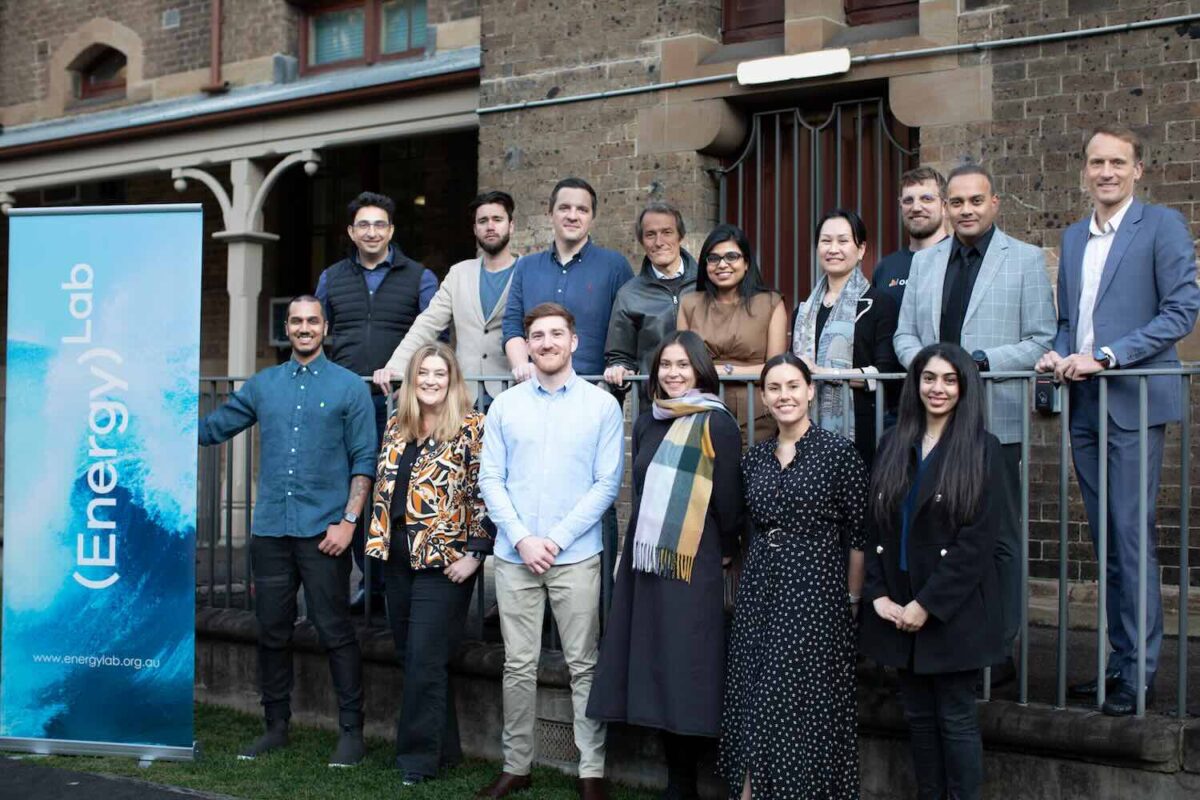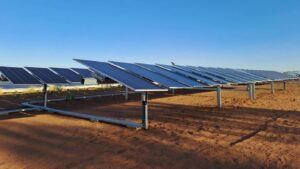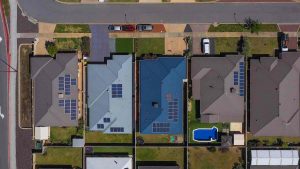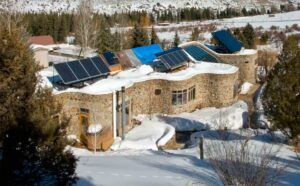Sydney, Australia – EnergyLab, Australia’s leading climate tech startup accelerator, today launched its inaugural Decarb Debrief, which reviews its impact in 2023 and found that its alumni collectively raised a record-breaking AUD $289 million during the year, with Australian-based startups securing AUD $124 million of the total amount.
The findings show the significant interest in climate tech investing, despite a challenging year for much of Australia’s startup ecosystem, and the critical role played by accelerators like EnergyLab.
According to the Decarb Debrief, success stories and major raises by EnergyLab alumni throughout the year included:
• Infravision, alumni of EnergyLab’s 2021 Climate Solutions Accelerator and the 2020 Scaleup Program, which raised AUD $36 million. Infravision specialises in drone-enabled line stringing services for transmission, distribution, and emergency response.
• Sicona, alumni of EnergyLab’s 2023 Supercharge Australia Innovation Challenge, which secured AUD $22 million in funding. Sicona develops low cost, scalable next-generation battery materials technology used in lithium-ion batteries.
• Renewable Metals, alumni of EnergyLab’s 2023 Supercharge Australia Innovation Challenge and 2023 Climate Solutions Accelerator which closed an AUD $8 million funding round. Renewable Metals is a battery recycling company that recovers critical minerals from batteries including lithium, nickel, cobalt, copper and manganese for reuse.
With access to early-stage capital a major challenge for climate tech startups, given the complexities involved in testing, research and development, and navigating longer sales cycles, EnergyLab’s support and networks can be crucial in helping startups attract funding. As well as connecting startups with potential investors, EnergyLab founders James Tilbury and Piers Grove established Impact Ventures to directly invest, and it participated in several of this year’s raises. Decarb Debrief highlights that the record breaking year for alumni was mirrored by EnergyLab itself, which in 2023 expanded its programs significantly, offering 7 in total with 67 startups participating, up from 21 the previous year. This growth was made possible through the introduction of four new programs, catering to climate tech startups at various stages of growth, including early-stage and international scaling.
One of EnergyLab’s flagship programs is the Women in Climate and Energy Fellowship (WICEF) which commenced in 2019 to help women launch climate tech startups and aims to address the funding gap faced by female founders. The program has had 90 previous alumni join the program. In its sixth year, the program saw 16 aspiring founders graduating in 2023, with 112 mentoring introductions. Since its inception in 2017, EnergyLab has more than doubled its programs, providing support to climate tech founders and startups dedicated to decarbonising the planet. The ecosystem now comprises 310 startup and founder alumni, 380 mentors, and 180 angel investors who play a vital role in nurturing and propelling the growth of climate tech startups.
This expansion and the amount of money now being channelled into climate tech marks a pivotal moment for the startup ecosystem and its potential impact on the global and national decarbonisation agenda. Infravision CEO Cameron Van Der Berg said:
“Infravision is on a mission to decarbonise the electric grid globally and we’re grateful for the support from EnergyLab which has helped us get to where we are today. Startups represent the heart of innovation, and accelerators play an important role in fostering growth by providing opportunities for research and development and the continuous improvements of technology solutions.”
“At Infravision, we’re leveraging our drone technology to deploy electric power transmission infrastructure like never before. This funding will enable us to scale our operations and enhance our services, making a global impact from Australia to the world.”
In terms of looking ahead to 2024, EnergyLab CEO Megan Fisher says:
“Over the last year, we faced a range of local and global challenges in the global decarbonisation race, including hitting temperature records, community engagement issues and a reduction in the investment capital available for innovation efforts. Despite these headwinds 2023 proved to be a successful year for EnergyLab and many of the startups that we support. In 2023, EnergyLab more than doubled our programs supporting climate tech founders and startups that are focused on helping to decarbonise the planet.
“2023 was another record year for the climate crisis. There is so much more to do, and we are focused on ensuring we play our part. In 2024, we’re aiming to support even more high-potential founders and startups on their journey to launch and scale global climate tech companies. Our ongoing mission is to foster an innovation ecosystem centred on the climate tech revolution and one that prioritises startup and business success, building economic opportunities and environmental stewardship.”










